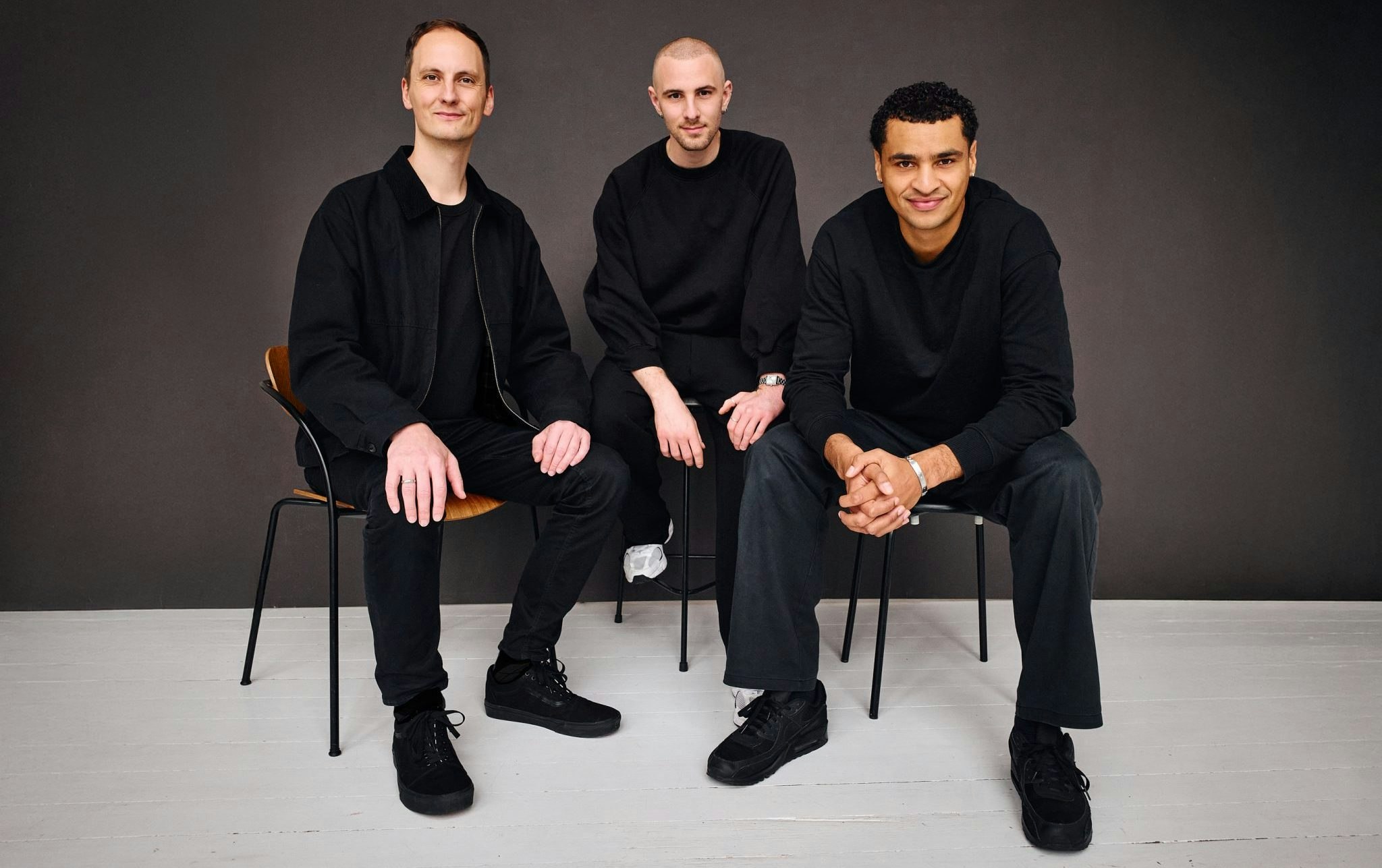Listed tech companies’ share prices have been battered this year. The stock prices of SoftBank-backed Swedish comms software company Sinch, music platform Spotify and UK digital health company Babylon have all plummeted — so much so that Babylon was recently in danger of being delisted as a result. With all kinds of investors focused on profitability and low risk, the stock market is no place for tech startups right now.
Many scaleups which had publicly talked of listing in 2022, or even 2023, have pulled back — including Dutch file transfer startup WeTransfer, Swedish telehealth startup Doktor.se and UK fintech Zepz.
But there are always going to be some that choose to go against the tide.
Sifted reached out to three startups that have IPO’d the last month or are planning an IPO in the next couple of months to understand why they still think there's opportunity in public markets.
Cinis Fertilizer
Founded: 2018
Funding raised pre-IPO: €4m
Location: Sweden
Employees: 9
Cinis Fertilizer is an agritech startup which produces sustainable mineral fertiliser. Earlier in 2022, it signed an agreement with battery producer Northvolt to use a byproduct from its manufacturing process to create potassium sulphate, an ingredient in fertilisers. Cinis says that by using industrial byproducts at a lower temperature than traditional production methods, its fertiliser will have a carbon footprint 75% lower than traditional options.
So far the company has not finished building any of its production plants and has no revenue.
Why go public?
Cinis went public on the Nasdaq First North Growth Market — a division of Nasdaq Nordic and an alternative stock exchange for smaller companies in Europe — on October 21. It was valued at approximately SEK 2bn (€200m).
Charlotte Becker, investor relations manager at Cinis, says the company chose to IPO to access a larger investor pool, which only the stock market can offer. It had, before listing, raised about €4m from private investors.
“In this way, more people can be part of the value creation. There's a lack of companies on the stock market where people can invest early on and in that way be part of the growth journey,” she says.
“And although we don’t have any revenue, we are still a low-risk case.”
Cinis has secured the full supply of battery byproducts necessary for the production of two plants and has clients lined up to buy the potassium sulphate they produce. The value of those sales — around SEK 3.3bn (approximately €300m) annually — far exceeds the company’s valuation at listing.
“That we both secured supply chain and sales are key for going public,” Becker says.
An agritech startup, even one working towards making Europe self-sufficient for fertilisers, is not a “sexy business”, says Becker. But, with the stock market having almost no other IPOs to focus on, Cinis has had a lot more attention than it would have had a year ago.
With the IPO, the company raised about €4m to start building its first production plant. The share price is at the time of writing SEK 32.50 (€3), a bit over the issue price of SEK 29 (€2.6).
Bolt Global
Founded: 2017
Funding raised pre-IPO: €4m
Location: UK and Singapore
Employees: 37
Bolt Global is a London-based startup which builds Web3-enabled platforms and services. Currently, it operates three core businesses — a Web3 media and live entertainment platform, a self-custody NFT and digital asset wallet and a Web3-commerce marketplace. Its mission? To allow people to be more fairly rewarded for creating content.
It plans to list on the London Stock Exchange at the beginning of 2023.
Cofounder Jamal Hassim believes the public tech sector’s recent wobbles may be an advantage for his business.
“When the market is like this, it is quite quiet and there's an opportunity for companies to be heard,” Hassim says. “We are doing something very unique and you need to spend a little bit more time to understand what we do. So it's not a matter of throwing a pitch deck on the table.”
So why not stay private?
Listing will expose Bolt Global to more regulatory scrutiny — which it needs to build trust, acceptance and mass adoption, says Hassim.
Bolt Global is already profitable — a selling point for investors — and, Hassim says, at scale those profits will increase.
So far Bolt Global has raised $4.5m from institutions, high-net-worth individuals and family offices. At IPO, it’s looking to raise $10m-15m at a pre-money valuation of about $80m-85m.
LumenRadio
Founded: 2008
Funding raised pre-IPO: €6.5m
Location: Sweden
Employees: 60
Another company with an upcoming IPO is Gothenburg-based deeptech startup LumenRadio, which wants to replace cables with wireless technology. Starting with lighting at the Coachella music festival in 2008, it has gone on to serve a wide range of industries.
After having raised about €6.5m in total from Swedish Chalmers Ventures, the Swedish state-owned investor Almi Invest and the PE investor Latour Industries, LumenRadio will list on the First North Nasdaq Growth Market on December 8.
As part of the IPO, the company hopes to raise SEK 50m (€4.6m).
Why not raise the capital on the private market?
CEO Alexander Hellström says going public is not really about raising money; it’s to make it possible for long-term investors and shareholders to sell and buy shares.
“Whether capital is raised from private investors or the stock market doesn’t really matter to us. But some of our long-term owners will sell their stake in the company,” Hellström says. “We are now in a position where we see that we can accelerate growth. A listing together with capital raising and broadened ownership is a natural next step for us.”
As many private startups know, it can be administratively tricky for existing investors to sell stakes in the business to new investors. That’s not an issue when a company is public. However, the time spent on the IPO is probably even more time-consuming.
Sifted reaches Hellström at his only available slot at 8.45 am, ahead of a day of investor meetings.
“I’ve probably had 70 of these meetings so far,” he laughs.
Hellström says investors’ responses have been more positive than he expected and although the timing of the IPO means lots of investors are free to chat (since so few other companies are going public right now), he believes the fact the company is profitable is also catching their attention.
“Hardware or software doesn’t really matter, but as a profitable tech company, we probably stand out,” he says. “And with our 40% year-on-year revenue increase we will probably manage well on the stock exchange as long as we meet our targets.



